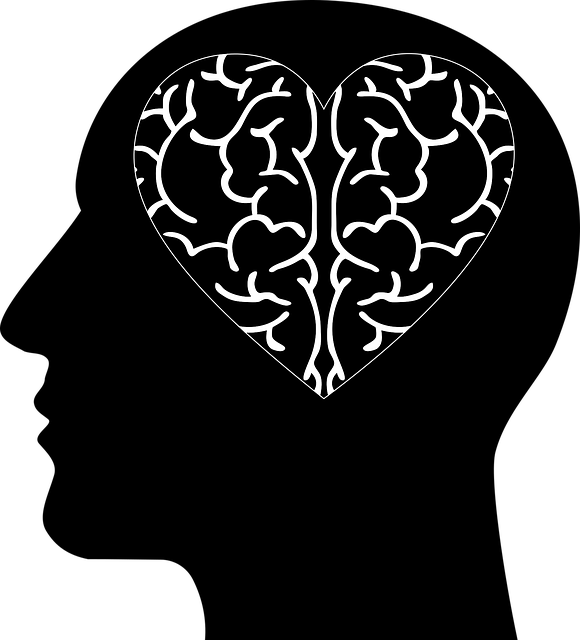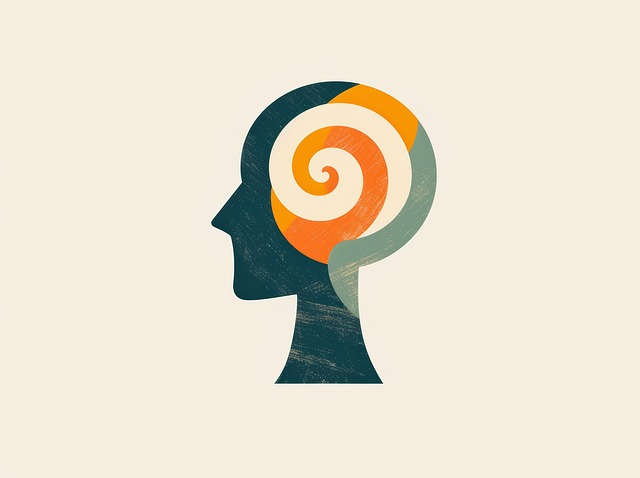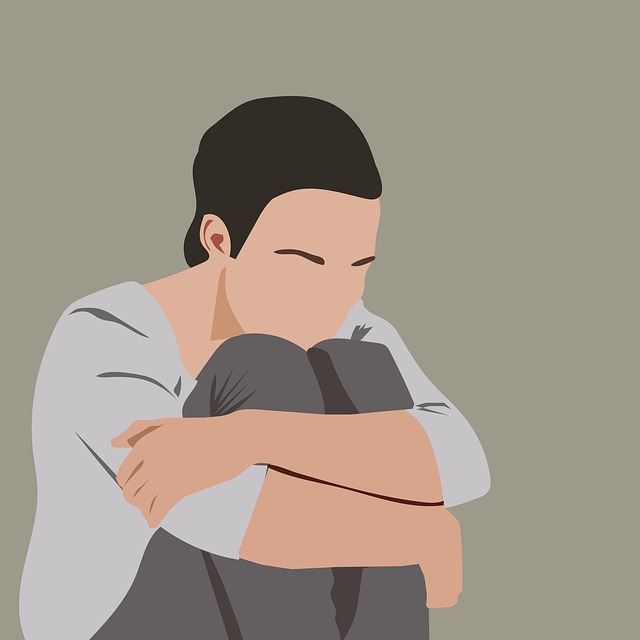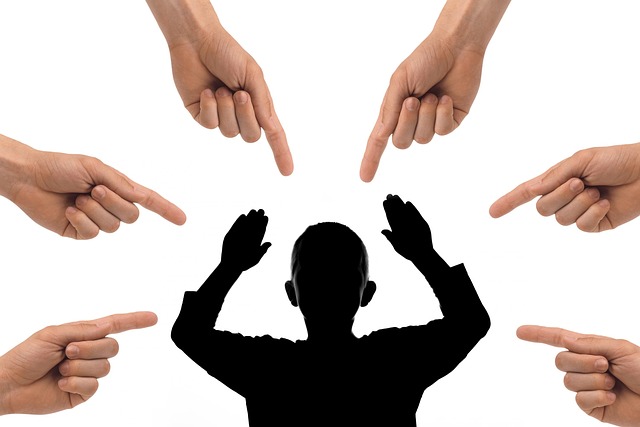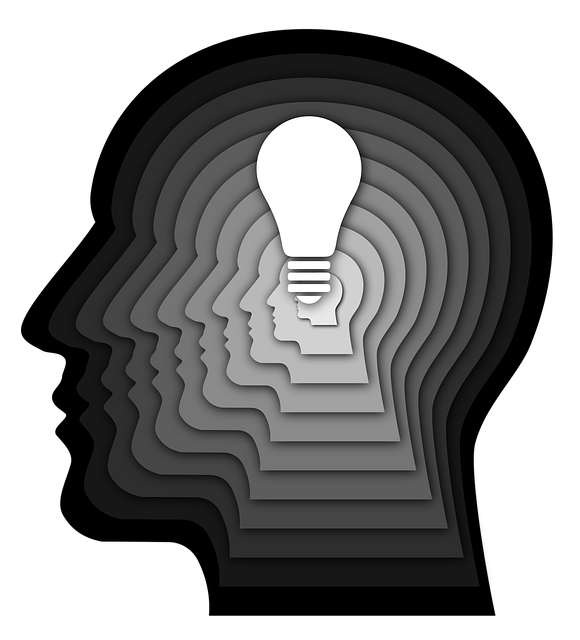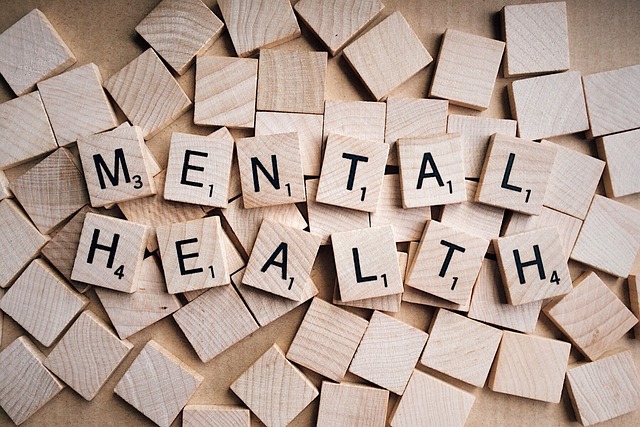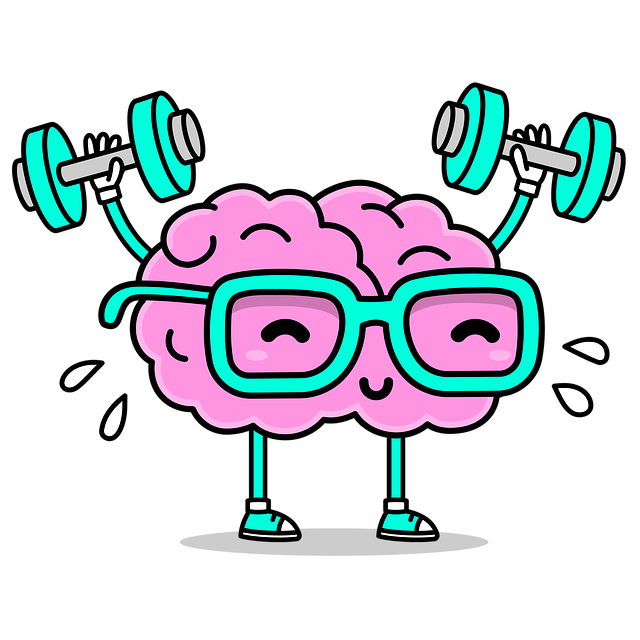Anxiety among young adults can be effectively managed through Somatic Experiencing (SE), a unique therapy addressing the mind-body connection. In contrast to traditional Cognitive Behavioral Therapy (CBT) which focuses on changing thought patterns, SE aids in processing and releasing traumatic energy stored in the body. Combining SE with mindfulness and meditation offers comprehensive strategies for anxiety relief. Professionals facilitate this through risk assessments and tailored interventions, encouraging self-care routines for long-term mental health improvement. Lifestyle adjustments like regular exercise, quality sleep, and social skills training are also crucial for managing anxiety among young adults.
Anxiety is a prevalent concern among young adults, but managing it effectively can lead to improved well-being. This article explores various techniques and therapies designed to help individuals cope with anxiety, focusing on somatic experiencing, cognitive behavioral therapy (CBT), mindfulness, and lifestyle adjustments. Understanding the root causes of anxiety, from physical sensations to thought patterns, is key to successful management. By delving into these strategies, young adults can discover powerful tools for navigating and overcoming anxiety.
- Understanding Anxiety: Unveiling Somatic Experiencing
- Cognitive Behavioral Therapy (CBT): A Powerful Tool for Young Adults
- Mindfulness and Meditation: Calming the Anxious Mind
- Lifestyle Adjustments for Effective Anxiety Management
Understanding Anxiety: Unveiling Somatic Experiencing

Anxiety is a natural response to stress, but when it becomes overwhelming and persistent, it can significantly impact daily life. For young adults navigating the complexities of adulthood, understanding and managing anxiety effectively is crucial. Somatic Experiencing (SE) is a powerful therapy that offers a unique approach to addressing anxiety and trauma. This method focuses on the connection between the body and mind, recognizing that emotional distress often manifests physically.
By delving into SE, young adults can explore their somatic experiences, or bodily sensations, related to anxious states. It facilitates emotional healing processes by helping individuals process and release stored trauma energy, thereby reducing symptoms of anxiety and enhancing mental wellness. This therapy is especially beneficial for those who may be facing the challenges of mental illness stigma reduction efforts while seeking support for their emotional well-being.
Cognitive Behavioral Therapy (CBT): A Powerful Tool for Young Adults

Cognitive Behavioral Therapy (CBT) has emerged as a powerful tool for young adults grappling with anxiety. This evidence-based approach focuses on identifying and changing negative thought patterns and behaviors that contribute to distress. By learning to challenge distorted thinking and adopt healthier coping strategies, CBT empowers individuals to manage their symptoms effectively. For young adults, who often face unique stressors related to academics, relationships, and identity formation, CBT provides a structured framework for navigating mental wellness challenges.
Integrating techniques like Somatic Experiencing, which helps individuals process traumatic memories and release held tension in the body, CBT offers a holistic approach to anxiety management. Mental wellness professionals can facilitate this therapy by conducting thorough risk assessments to tailor interventions and support clients in developing self-care routines for lasting mental health improvement.
Mindfulness and Meditation: Calming the Anxious Mind

Mindfulness and meditation are powerful tools for calming an anxious mind, especially when tailored to young adults seeking therapy. This practice involves training your attention to focus on the present moment, acknowledging and accepting feelings and sensations as they arise without judgment. By fostering a non-reactive mindset, individuals can interrupt the cycle of anxious thoughts and reduce the body’s physiological stress response.
Somatic Experiencing, a form of crisis intervention guidance, encourages individuals to connect with their bodies’ natural healing abilities. This therapy helps young adults understand and regulate their emotional responses, offering valuable communication strategies to manage anxiety effectively. Through mindfulness meditation, somatic awareness exercises, and relaxation techniques, one can gain better control over their reactions during moments of heightened anxiety, ultimately promoting anxiety relief and a sense of calm.
Lifestyle Adjustments for Effective Anxiety Management

Anxiety management techniques often go beyond therapy sessions. For young adults, integrating lifestyle adjustments can significantly enhance their well-being and effectiveness in managing anxiety. One powerful approach is Somatic Experiencing, a therapy that focuses on the body’s response to traumatic or stressful events. By reconnecting individuals with their physical sensations, this method enables them to process and release stored emotions, fostering a greater sense of calm and resilience.
Adopting Mind Over Matter principles, where one consciously reframes thoughts and challenges negative patterns, can be transformative. Additionally, engaging in regular exercise, prioritizing quality sleep, and maintaining a balanced diet contribute to burnout prevention. Social skills training also plays a crucial role, helping individuals build supportive connections that can mitigate feelings of isolation and anxiety.
Anxiety management is a multifaceted journey, offering various techniques tailored to individual needs. From understanding the roots of anxiety through Somatic Experiencing to leveraging Cognitive Behavioral Therapy as a powerful tool for young adults, mindfulness and meditation provide calm, and lifestyle adjustments offer lasting solutions. By combining these strategies, individuals can effectively navigate and manage their anxiety, achieving a more balanced and fulfilling life. For young adults seeking therapy, CBT specifically has proven to be a game-changer in addressing anxious thoughts and behaviors.




